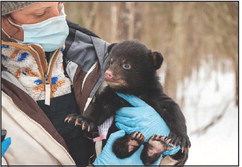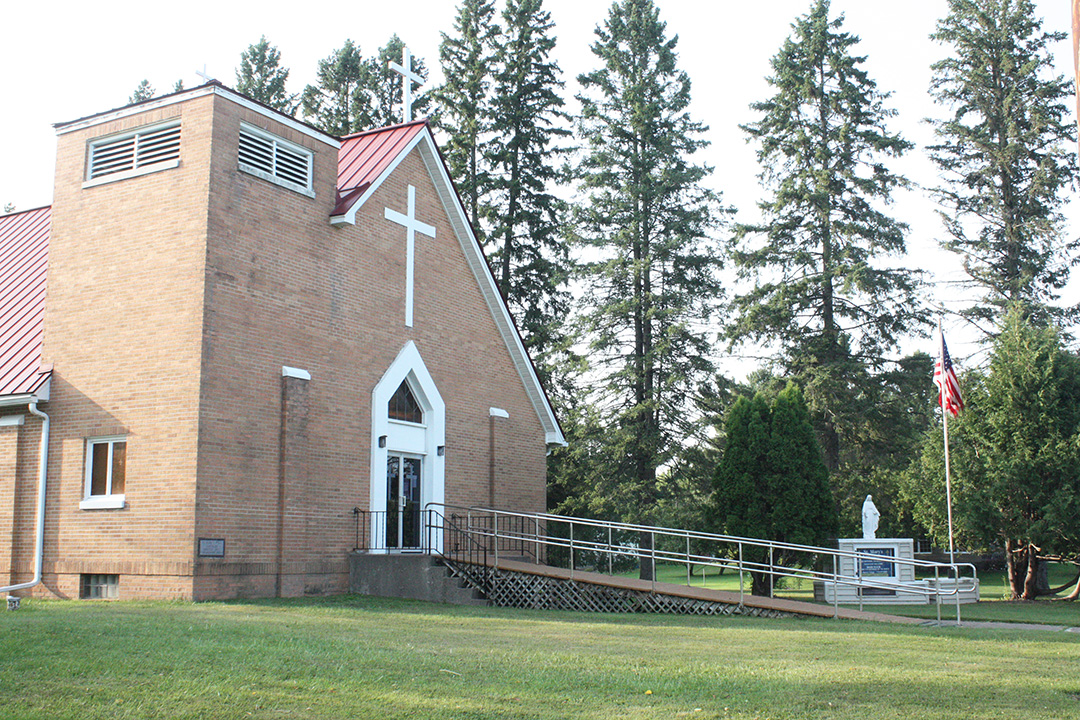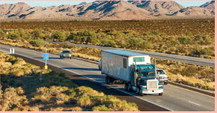Where are all the bears?


The public is asked to report any black bear den locations they find across Wisconsin, in order to help with an ongoing study on black bear reproduction. The Black Bear Litter and Diet Survey will begin its second year of data collection, this upcoming winter.
The study will generate new estimates of black bear reproductive rates within each bear management zone and these estimates will improve the accuracy of the population models used in each zone. Additionally, researchers are investigating a connection between consumption of human food sources and bear reproduction, since diet can affect cub survival rates and litter sizes.
“You don’t find bear dens every day, so it is important that people report them to us when they find them,” said Dr. Jennifer Price Tack, DNR large carnivore and elk research scientist. “Reporting dens helps us meet the sample size requirements for our study and increases the accuracy of the black bear population model.”
Surveying efforts began earlier this year, and the bear research team was busy surveying dens all season. They worked with landowners to visit the den before deciding to survey, determining if the den is safe, accessible and in use.
While surveying, bear health and safety are a top priority. The Black Bear Litter and Diet Survey team will continue to survey dens for the next seven to eight years. Over that time, the team hopes to get 100 collars out across each of the bear management zones, with approximately 20 collars per zone.
To report a bear den, visit https://www.surveymonkey. com/r/7DSMFZS.


